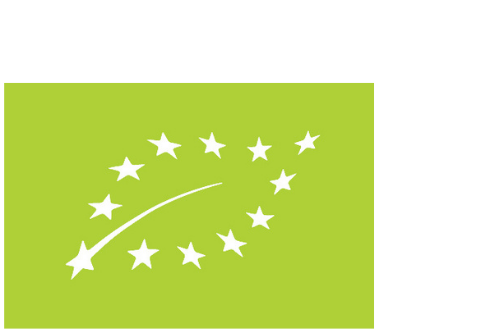
Why a new regulation? Since 2009, the date of entry into force of the current European regulation on organic farming (EC no. 834/2007), it has had to adapt to a sector that changes every day, in line with the sector’s realities. According to the European Commission, this new regulation (EU no. 2018/848) will guarantee “fair competition for farmers, while preventing fraud and preserving consumer confidence”.
📢 Postponement by one year of the application date Due to the health crisis, the European Commission has announced a postponement by one year of application of the new regulation EU 2018/848 initially scheduled for 1 January 2021, within the EU, i.e. 1 January 2022, and no later than 31 December 2024 outside the EU.
- In the European Union, the current European regulations will be repealed in favour of the new European Organic Regulation on 1 January 2022. This is the basic law, and will be supplemented by secondary laws, which will detail and complete implementation of the regulation, some of which have already been published by the European Commission.
- Outside the European Union, operators will have a transition period from 1 January 2022, to 31 December 2024, to adapt their activity to the new regulation. No later than 1 January 2025, all our customers currently certified under the “Non-EU CERTISYS Standard” will therefore have to be certified under EU 2018/848 to be able to export their organic products to the EU because their CERTISYS certificate will no longer be valid as of that date.
What will change? Here is the main information
- Strict import rules
In the absence of an agreement guaranteeing the equivalence of the organic specifications of the non-EU country with the EU’s organic regulation, an organic product exported to the EU will be controlled according to the European regulation. In this case, the rules will therefore be exactly the same for a producer in the EU as one outside the EU.
- Expansion of the range of products eligible for organic certification
New products will be able to be certified organic, in particular salt, essential oils not intended for human consumption, natural gums and resins, cotton, wool and raw hides, beeswax, as well as silkworm cocoons.
- Some changes to production and transformation rules
For plant production: Details on the origin of seeds and plants used have been provided. In addition, farms will have to grow legumes, for their role in soil fertility. Note that soil-less crops, such as hydroponics, are still prohibited.
For animal productions: The most noteworthy changes concern the conditions for rearing poultry and pigs, with an increased consideration of animal welfare with regards to the layout of buildings and outdoor spaces. There are also restrictions on the feeding and purchase of non-organic pullets.
Food processing: The major change concerns the manufacture and use of flavourings. Only natural flavours whose source is 95% unique (for example, “natural vanilla flavour”) will be authorised.
- Labelling
Greater flexibility on the origin of products is granted. Products with the mention “EU Agriculture” will be able to contain 5% of ingredients from outside the EU, and no longer 2% as today.
- Capping of the number of certification bodies
An enterprise wishing to have a product category certified will only have to use a single certification body.
- Certification of producer groups in all countries
Certification of producer groups will now be accessible to all countries and be supported by enhanced controls. The size of each farm and the number of group members will be limited, for example. Further amendments are likely to be made to the new regulation.
For more information, we invite you to visit the website of the European Commission